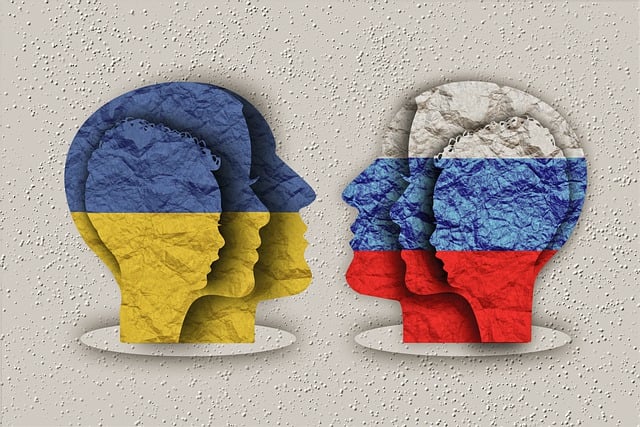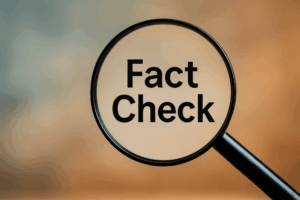
At the recent international summit on February 24, the Russia-Ukraine war once again took center stage.
It also revealed a sharp contrast in the approaches taken by Donald Trump and Emmanuel Macron.
While Trump emphasized the urgent need to end the war to prevent further loss of human life and bring lasting peace, Macron chose to ignore the realities and take a more war mongering stance, naively advocating for withholding the $300 billion in frozen Russian assets.
The Recipe for Long Term Peace vs. War Mongering
Trump’s stance was clear—regardless of the geopolitical complexities, the ongoing war was a humanitarian catastrophe that needed to be stopped.
His message underscored the fact that with over a million and a half casualties, a resolution should focus on de-escalation, negotiations, and long term inclusion of the two populations.
To prevent the problems that arose after of WW1 and WW2, Trump wants to avoid demonizing entire populations. His position was to create economic agreements so that peace can be built from the ground up.
Macron, on the other hand, appeared to make the same mistakes that led to the rise of Nazi Germany and the cold war. He framed Russia as the singular villain in the conflict. In doing so, he reinforced a rigid narrative. He ignored the broader historical and political context of NATO’s expansion, Europe’s inability to have dialog, and the West’s strategic cold war interests. All of these have undoubtedly contributed to the beginning of the present war.
Macron conveniently dismissed these factors entirely, and naively reduced the situation to a simplistic blame game.
The Problem with Calling Russia the Sole Aggressor
Labeling one side as the absolute aggressor while ignoring the contributing factors is not only oversimplification but also counterproductive.
The Ukraine conflict is not a clear-cut case of good versus evil; it has deep historical roots and has been shaped by decades of geopolitical maneuvering. NATO’s eastward expansion in contradiction to the Minsk agreements has long been a point of contention for Russia, and Ukraine’s actions to further encourage NATO, backed by Western support, have further fueled tensions.
By focusing on punishing Russia through withholding frozen assets and other economic sanctions, Macron seemed more interested in creating long term conflict and insecurity rather than seeking an end to the bloodshed and long term peace.
Macron’s approach came across as politically calculated against Ukraine’s best interests, rather than compassionate.
A More Constructive Path Forward
While Trump has opened constructive dialog within weeks of taking office, hardly any dialog was carried out for the past 3 years. President Biden and his administration did not even speak to President Putin.
If the ultimate goal is to save lives and restore stability, then a more balanced perspective—one that acknowledges the mistakes on all sides and seeks a diplomatic resolution—is necessary.
That’s the path Trump is taking.
Because, the world doesn’t need more posturing; it needs solutions.

